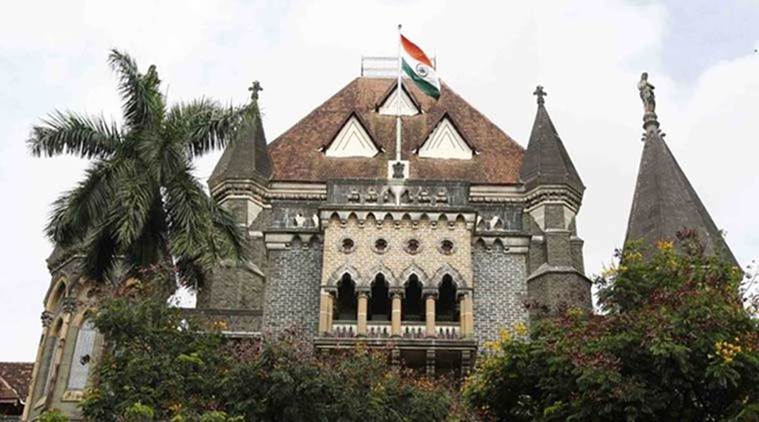 The woman had alleged that her husband did not treat her well and would also abuse her. (File)
The woman had alleged that her husband did not treat her well and would also abuse her. (File)
Observing that sending abusive personal messages on WhatsApp does not amount to the utterance of obscene words in public place, the Aurangabad bench of the Bombay High Court quashed an FIR filed against a man under section 294 of Indian Penal Code which provides three-month imprisonment for obscene acts.
A division bench of justices Tanaji V Nalawade and Mukund G Sewlikar passed the judgment while hearing a plea filed by a man seeking to quash an FIR filed against him by his wife with Nanded police in March 2018.The court held that WhatsApp messages, sent on personal accounts, are strictly personal and no one has access to them except the sender and its receiver. Even WhatsApp messenger provider can’t read these messages, it maintained.
After examining WhatsAp p security settings, the bench observed, “WhatsApp cannot be a public place if messages are exchanged on personal accounts of two persons. If these messages had been posted on a WhatsApp group, in that case the same could have been called as public place since members of that group would have had access to those messages.”
The woman had alleged that her husband did not treat her well and would also abuse her. She had further alleged that the man was a homosexual and had married her for the sake of society.The couple had married in May 2017.
Advocate Kiran Nagarkar, appearing for the woman, argued that the petitioner (the husband) had called the woman up and abused her in “filthy” language. Thereafter, he also sent abusive WhatsApp messages to her over the next month and had made phone calls to her relatives.
In March 2018, the man was booked on charges of criminal intimidation, defamation and outraging modesty of the woman. Advocate Shambhuraje V Deshmukh, appearing for the petitioner, however, claimed that the FIR could not be filed against his client since there was no utterance of abusive words in public place and, therefore, it should be quashed.
The bench observed that commission of an obscene act, under section 294 of IPC, is applicable if done at a public place, and in the present case there was no utterance of words at any public place as the messages are sent on social media. The court also noted that advocate R D Sanap, appearing for police, did not allege that obscene messages were posted on WhatsApp group.
However, the court held that the act comes under section 509 of IPC, which provides punishment for an act intended to insult the modesty of a woman and granted liberty to the police to investigate the charges.